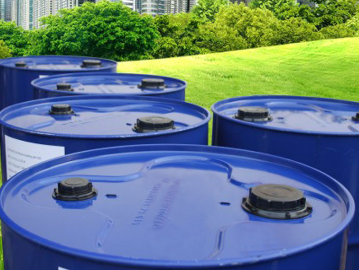
Silicone rubber is widely used in the electronics industry due to its unique properties and benefits that make it an ideal material for various electronic components and applications. It offers a combination of excellent thermal stability, electrical insulation, and resistance to environmental factors such as moisture, chemicals, and extreme temperatures. In addition, silicone rubber is highly flexible, durable, and has good mechanical strength, which makes it suitable for a broad range of electronic devices and manufacturing processes.
One of the primary reasons why silicone rubber is widely used in the electronics industry is its excellent thermal stability. Silicone rubber has a high melting point and can withstand constant exposure to high temperatures without degrading or losing its properties. This makes it ideal for applications that generate significant heat, such as power electronics, high-power LEDs, and electronic circuit boards. The ability of silicone rubber to dissipate heat effectively helps prevent overheating and ensures the longevity and proper functioning of electronic devices.
Electrical insulation is another critical property that makes silicone rubber highly desirable in the electronics industry. Silicone rubber has a high dielectric strength, which means it can withstand high voltages without conducting electricity. This property makes it an excellent insulating material for various electrical components and devices. Silicone rubber insulators are commonly used in power transformers, cables, connectors, and insulating coatings for electrical circuits. The excellent electrical insulation provided by silicone rubber helps prevent short circuits, electrical shocks, and ensures the safe operation of electronic devices.
Silicone rubber also exhibits outstanding resistance to environmental factors, such as moisture, chemicals, and extreme temperatures. Moisture and various chemicals can corrode electronic components and lead to their failure. However, silicone rubber is highly resistant to moisture absorption and can maintain its properties even when exposed to water or other liquids. This property makes it suitable for applications in moist or humid environments.
Silicone rubber's resistance to chemicals makes it ideal for applications where electronic components come into contact with corrosive substances or solvents. Furthermore, silicone rubber can withstand extreme temperatures, both high and low, without losing its elasticity or mechanical properties. This makes it suitable for applications that require reliable performance in harsh environments or under extreme temperature conditions, such as automotive electronics, aerospace electronics, and outdoor electronic devices.
Another advantage of silicone rubber in the electronics industry is its flexibility and durability. Silicone rubber can be easily molded into various shapes, sizes, and complex designs, allowing it to be used in different electronic components and devices. Its flexibility allows for efficient assembly, installation, and connection of electronic parts. Additionally, silicone rubber is highly durable, and its mechanical strength enables it to withstand repetitive movements, vibrations, and mechanical stresses experienced by electronic components during operation. This durability helps extend the lifespan and reliability of electronic devices.
Silicone rubber is also compatible with various manufacturing processes used in the electronics industry, such as injection molding, compression molding, and extrusion. These processes allow for the mass production of electronic components with consistent quality and precise dimensions. The compatibility of silicone rubber with these manufacturing processes makes it a cost-effective material for the electronics industry.
In conclusion, silicone rubber's unique properties, such as thermal stability, electrical insulation, resistance to environmental factors, flexibility, durability, and compatibility with manufacturing processes, make it widely used in the electronics industry. It provides excellent performance and reliability for various electronic components and devices, ensuring their proper functionality, safety, and longevity.